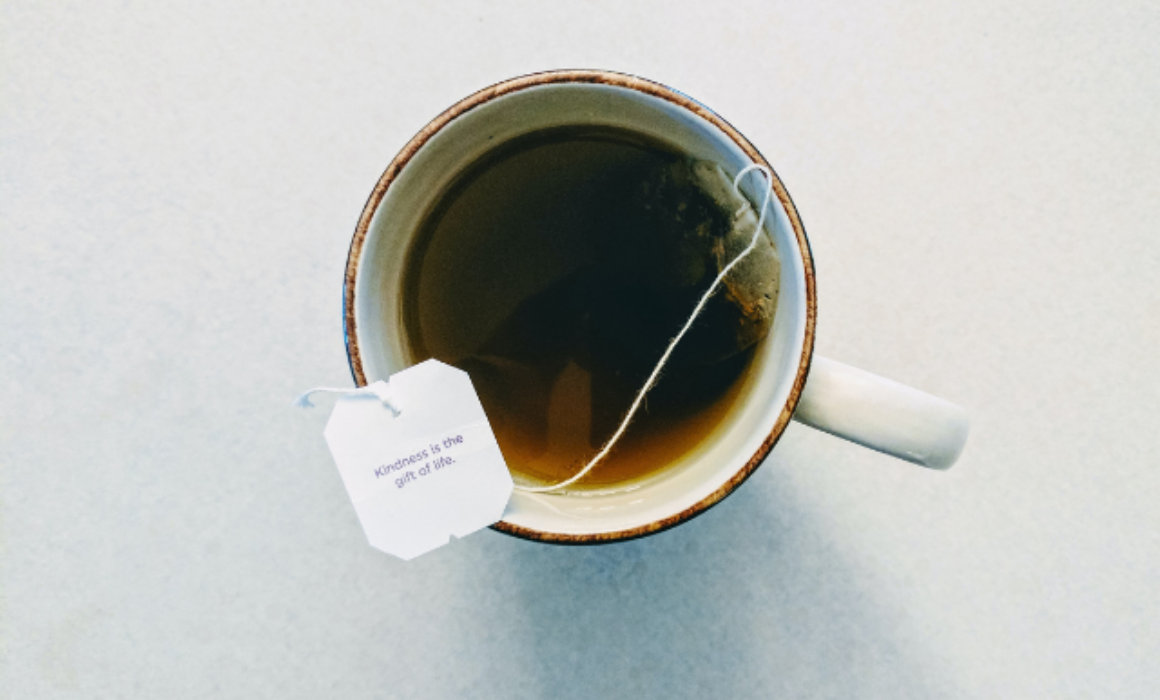
Some people (but not everyone) need more scans after receiving a breast cancer diagnosis. Your breast surgeon/oncologist will arrange these depending upon various factors personal to you. If you have to go through a whole raft of additional scans after your diagnosis this can be scary but don’t panic, here are our top ten things to know about scans that we’ve learnt from our own experiences and research that we’ve carried out as patients.
1. Get used to baring your breasts/chest area. Even though – by this point – your chest/breasts have already been poked, prodded, squeezed, squashed, drawn on, stared at and pierced with a needle or two, you will need to get used to this as you go through more scans. Some of you may find this very difficult but remember that medical professionals see this sort of thing all day, every day and they are just doing their job. Always explain any concerns you have about showing your chest area so that the medical team understand if you feel uncomfortable.
2. Ask for help. Ask someone to take you to hospital for your scans so that you don’t have to drive yourself there and home. Company is also an excellent distraction.
3. Remember your underwear. It’s not that you are showing off your underwear, but those gaping hospital gowns are not flattering and there is a good chance you will bare your behind to a nurse (if you are lucky) or the waiting room (if you are unlucky).
4. Scary times. Some of the machines can look big, scary and sometimes plain weird. Some (like the MRI) can also be very noisy which in itself is scary! But the scans are over pretty quickly and they don’t hurt. If you’re really nervous about having a scan (which is entirely normal), you can always ask if you can see the scanner beforehand.
5. Be prepared to be cold! The machinery has to be kept at a certain temperature so it is usually cold in the scan rooms – ask for a blanket if you are cold (they usually give you one for your lower half while your top half is being scanned).
6. To eat or not to eat? Before you go, follow any instructions that you have been given about fasting. Sometimes you are injected with a dye so that they can see your organs and you are not allowed to eat or drink for a certain time before hand.
7. Questions. Don’t be afraid to ask questions. Take a note book and pen in which you have jotted down your questions, and where you can write any notes.
8. Distractions. Take your mind off what is going on during the scan by distracting yourself with a mind game or relaxation technique. Running through all the times tables in your head is a good one.
9. Scanxiety. If you have to wait for results and you haven’t heard by when you had expected, there is no harm in calling up for the results. In any event, the waiting for results is the hardest part of having a scan. Things that might help during the wait are:
- Remind yourself that right here and right now you’re okay. Don’t jump ahead to the “what-ifs” and “what-might-be” scenarios.
- Remind yourself that you have the strength to get through whatever the results show.
- Don’t worry about something until it happens – as you’ll end up worrying about it twice.
- Practice mindfulness and breathing techniques.
10. The different types of scans. There are various types of scans that you may have. It’s important to note that not everyone has every type of scan: your medical team will work out what is necessary for you depending on your own circumstances so don’t worry if you don’t have every type of scan. The Cancer Research UK website has some helpful information about each of the possible scans:
Mammogram (including Tomosynthesis which is a 3D mammogram and very commonly used in today’s practice)
Further information
There are plenty of NHS videos on YouTube showing you what to expect from each type of scan. Just go onto YouTube and search for the scan that you’d like to know more about. Watching these videos will help prepare you for what to expect.
Future Dreams hold a range of support groups, classes, workshops and events to help you and your carers during your breast cancer diagnosis. These are held both online and in person at the London-based Future Dreams House. To see what’s on offer and to book your place, see here.
To return to the homepage of our Information Hub, click here where you can access more helpful information, practical advice, personal stories and more.
Reviewed January 2023
The information and content provided on this page has been written from a patient’s perspective then reviewed by a breast care nurse and it is intended for information and educational purposes only. It is not intended to substitute for professional medical advice. Please contact your medical team for advice on anything covered in this article and/or in relation to your personal situation. The links and/or recommendations in this article to third-party resources are for your information and we take no responsibility for the content contained in those third-party resources.
Share

Support awareness research
Donate to those touched by BREAST cancer
Sylvie and Danielle began Future Dreams with just £100 in 2008. They believed nobody should face breast cancer alone. Their legacy lives on in Future Dreams House. We couldn’t continue to fund support services for those touched by breast cancer, raise awareness of breast cancer and promote early diagnosis and advance research into secondary breast cancer without your help. Please consider partnering with us or making a donation.



